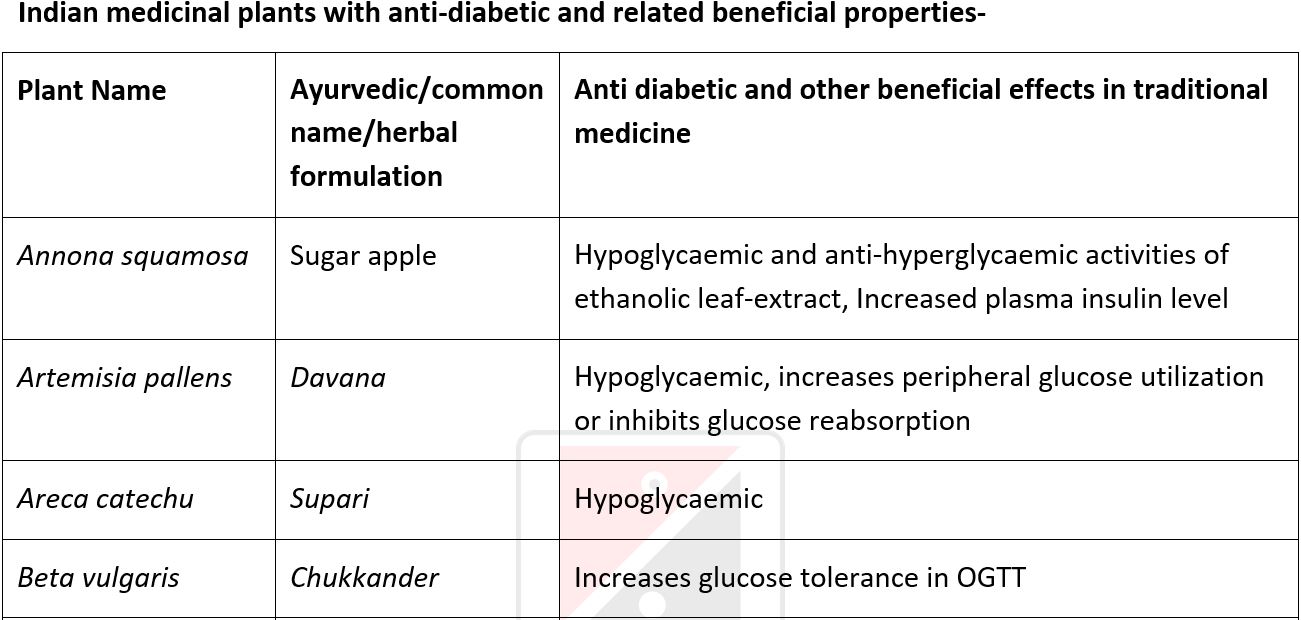Global Scenario of AYUSH and Insight into Ayurved Concept in Diabetes
DOI:
https://doi.org/10.21760/jaims.10.4.30Keywords:
AYUSH, Ayurved, Globalization, WHO, PramehaAbstract
1987 the ‘Alma–Ata’ declaration by WHO stated the evaluation and promotion of traditional medicines. A department called Department of “Indian System of Medicine” was created in March 2003 with a focus for development of traditional system of medicine. Today the globalization process of Ayurved has reached many nations due to the efforts of AYUSH ministry, especially in the Covid-19 pandemic situations. The global Ayurvedic market is estimated to be worth $14.4 billion in 2023 and is expected to grow at a compound annual growth rate (CAGR) of 27.2% from 2024 to 2030. Ayurved described Diabetes Mellitus (DM) as Madhumeha. This ancient evidence-based system of medicine enumerated various herbs and formulations for its management, which needs scientific validations. Prameha which is described as the ‘Pre-Diabetic’. These two traditional systems, Ayurved and Unani, emphasize that the first and foremost principle of prevention as well as the treatment of any Diabetes.
Downloads
References
Sahu G, Meena P, Jadhav G, Sharma R. Global scenario of AYUSH through ‘Global Center for Traditional Medicine’: a review. J Ayurveda Holist Med. 2022;10(6).
Banerjee S, Debnath P, Rao PN, Tripathy TB, Adhikari A, Debnath PK. Ayurveda in changing scenario of diabetes management for developing safe and effective treatment choices for the future. J Complement Integr Med. 2015;12(2):101-10.
Gordon A, Buch Z, Baute V, Coeytaux R. Use of Ayurveda in the treatment of type 2 diabetes mellitus. Glob Adv Health Med. 2019;8:2164956119861094.
Charaka Samhita, edited by Vaidya Yadavaji Trikamji Acharya. Varanasi: Chaukhambha Surbharati Prakashana; 2008. Chikitsasthana, 6th chapter.
Sushruta Samhita, edited by Ambikadata Shastri. Varanasi: Chaukhamba Sanskrit Sansthana; reprinted 2006. Nidanasthana, chapter 6.
Charaka Samhita, edited by Vaidya Yadavaji Trikamji Acharya. Varanasi: Chaukhambha Surbharati Prakashana; 2008. Nidanasthana, 4th chapter.
Charaka Samhita, edited by Vaidya Yadavaji Trikamji Acharya. Varanasi: Chaukhambha Surbharati Prakashana; 2008. Vimanasthana, 3rd chapter.
Saxena A, Vikram NK. Role of selected Indian plants in management of type 2 diabetes: a review. J Altern Complement Med. 2004;10(2):369-78.
Gordon A. Use of Ayurveda in the treatment of type 2 diabetes mellitus.
Banerjee S, Debnath P, Rao PN. Ayurveda in changing scenario of diabetes management for developing safe and effective treatment choice for the future.
Shrikanth N, Haripriya N. Diabetes mellitus (Madhumeha) and Ayurvedic management: an evidence-based approach.
Modak M, Dixit P, Londhe J, Ghaskadbi S, Devasagayam TPA. Indian herbs and herbal drugs used for the treatment of diabetes. J Clin Biochem Nutr. 2007;40(3):163-73.















